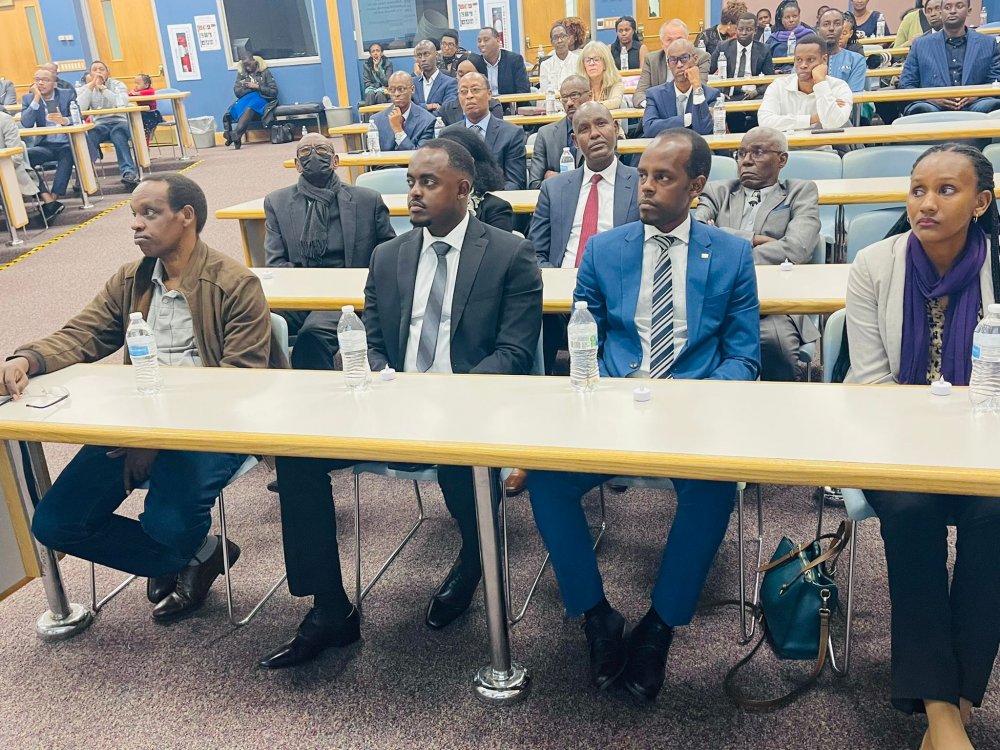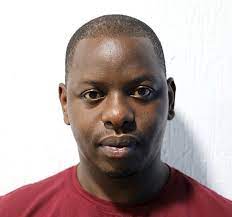

Rwandan living in the Midwestern United States, also referred to as the Midwest in Northern Central part of United States, have been urged to intensify the fight against those denying and trivialising the 1994 Genocide against the Tutsi.
The call was made during the 28th commemoration that took place at Andrews University in Berrien Springs, Michigan.
The president of Rwandan Diaspora living in Midwest, Leonard Kwitonda, said that Rwanda’s transformation journey can’t be fully achieved if there are still seeds of genocide ideology among Diaspora.
"We have to pay tribute to the victims of the 1994 Genocide against the Tutsi and strive for the survivors’ welfare. As Diaspora, we have to stand up and fight against those who are trivialising 1994 Genocide against the Tutsi history. We have to fight genocide denial and genocide ideology that could erode the country’s gains,” he said.
Francis Murindwa, the first secretary to the Rwandan Ambassador to USA, urged the Diaspora in Indiana and Michigan states to learn lessons from the 1994 Genocide against the Tutsi to ensure genocide never happens again anywhere in the world.
"Commemorating 1994 genocide against the Tutsi is a weapon to fight against those trivialising the history. The commemoration period should also enable adults to educate the young generation on genocide prevention,” he said.
He added that genocide commemoration should enlighten the world on how it was planned and executed, and take further steps to prevent the same anywhere in the world.
Genocide planners still roaming abroad
Murindwa said that those who masterminded 1994 genocide against the Tutsi are still roaming abroad sowing genocide ideology, adding that efforts are needed to bring them to book.
"Most of them are still trying to deny 1994 Genocide against the Tutsi. They call it a civil war, others say there was double genocide while others call it massacres and all these terms are aimed to deny and trivialise genocide history. The Diaspora should take the lead in the fight,” he said.
Testimony
Those who attended the commemoration event lit a light of hope and remembered some of the names of 1994 genocide against the Tutsi victims.
Placidie Murebwayire, a genocide survivor shared her story recounting how she survived by hiding in a hole at a neighbour’s.
"When the genocide escalated, I got refuge in a hole that had been dug in the neighbour’s cowshed and spent 45 days in it. During this period, I was only fed one sweet potato per day,” she said.
Murebwayire testified that she was pregnant during the genocide and commended RPA that stopped the genocide to save her and the lives of others who also survived the genocide.


